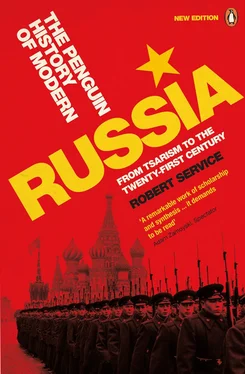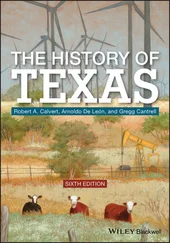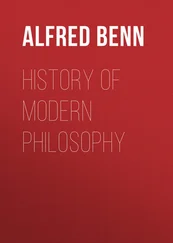Robert Service
THE PENGUIN HISTORY OF MODERN RUSSIA
From Tsarism to the Twenty-First Century
THIRD EDITION
These are unusual times to be studying Russia even by Russian standards. Archives have been opened and contacts with Russian writers are no longer difficult. Important documentary collections have been published. The need exists for the newer items of information to be incorporated in a general description and analysis.
In picking up this task, I have been very fortunate to have assistance from the following scholars who read preliminary drafts: Francesco Benvenuti, Archie Brown, Bob Davies, Peter Duncan, Israel Getzler, Geoffrey Hosking, László Péter, Silvio Pons, Martyn Rady, Arfon Rees and Karen Schönwälder. Their comments have led to a very large number of improvements, and each of them kindly helped further by replying to my follow-up queries. Also to be thanked are members of the press study group at SSEES and others in London who have alerted me to interesting materials in Russian newspapers and journals: John Channon, Norman Davies, Peter Duncan, Julian Graffy, Jane Henderson, Geoffrey Hosking, Lindsey Hughes, John Klier, Maria Lenn, John Morrison, Rudolf Muhs, Judith Shapiro and Faith Wigzell.
Nor should I omit to acknowledge the value of discussions over several years with the historians Gennadi Bordyugov, Vladimir Buldakov, Oleg Khlevnyuk, Vladimir Kozlov and Andrei Sakharov. Quite apart from their professional expertise, each of them have shared insights and intuitions about Russian history foreclosed to any foreigner.
While writing some of the chapters, I had access to the Russian Centre for the Conservation and Study of Documents of Recent History (RTsKhIDNI), to the State Archive of the Russian Federation (GARF) and to the Special Archive (OA). In the first two of these three archives I found useful materials in conditions that reflected the recent political changes which have occurred in Russia, and I shall always remember the occasion in September 1991 when Bob Davies and I walked into the Russian Centre for the Conservation and Study of Documents of Recent History as it was being ‘unsealed’ after the abortive August 1991 coup. Equally, I shall not quickly forget the experience shared two years later with Rudolf Muhs in the Special Archive, an institution which gave us material to read in the morning whose existence it denied in the afternoon. But in general the libraries and archives in Moscow have been as helpful as the SSEES Library in London — and this is saying a lot because John Screen, Lesley Pitman and Ursula Phillips could not have done more to facilitate the research on the book.
My greatest debt is to my wife Adele Biagi, who examined the early drafts and nudged me away from the temptation to take too particularist a viewpoint on Russia. It has also been a pleasure to talk about Russian history with our daughters and sons — Emma, Owain, Hugo and Francesca — as they have been growing up. They read some of the chapters, and their suggestions led to several useful revisions. Russia is a source of changing but perennial fascination — and it is a fascination which I hope this book will do its bit to spread.
January 1997
It is five years since this book appeared and much has changed in Russian politics, economy and society. The second edition takes the account into the twenty-first century. Most chapters have undergone minor revision and some recent works have been added to the bibliography. Chapter 27 has been entirely re-written. The Introduction has been overhauled to sharpen the focus on historiographical debate — and here I was helped by comments from Adele Biagi, Archie Brown, Bob Davies, Richard Evans and David Priestland. The main lines of argument in the first edition have been repaired but not replaced.
November 2002
The events of the past few years have shaken the kaleidoscope of Russian affairs. In bringing the story and the analysis up to date I have kept the book’s basic line of analysis and have been fortunate in being able to talk this over with Archie Brown, Paul Chaisty and Alex Pravda in the Russian and Eurasian Studies Centre at St Antony’s College in Oxford, with Katya Andreyev at Christ Church, Oxford, with Nick Stargardt at Magdalen College, Oxford and with Robert Conquest, Paul Gregory, Amir Weiner, Norman Naimark and Yuri Slezkine while I was working on research projects at the Hoover Institution in Stanford University. I am indebted to the detailed advice given by Archie Brown about the introduction and by Paul Chaisty and Hugo Service about the chapters on the past two decades. Above all, my wife Adele Biagi has given inestimable assistance by going through the entire book yet again and suggesting ways of improving on the previous edition: I am grateful to her for her patience and insight.
Robert Service February 2009
A Note on Transliteration
The transliterations in this book are a simplified version of the system used by the US Library of Congress. The first difference consists in the dropping of both the diacritical mark and the so-called soft i . Thus whereas the Library of Congress system has Sokol’nikov and Krestinskii , this book has Sokolnikov and Krestinski . Secondly, the yo sound which appears in words such as Gorbachyov is given as an ë , as in Gorbachëv . Thirdly, the yeh sound is rendered as ye when it occurs at the beginning of proper nouns such as Yeltsin .
These differences are intended to make the text less exotic in appearance. By and large, I have kept to the Russian version of proper names. But some look so odd in English that I have Anglicized them: thus Alexander rather than Aleksandr . Finally there are several non-Russian names in the text. In the case of Polish, Hungarian and Czech leaders, for example, their names are given in their native version; and the names of Ukrainian leaders are transliterated without the simplification used for Russians. This is inconsistent, but it helps to give a sense of the variety of countries involved in Russian history. A further inconsistency lies in my use of Russian-language names for most places in the USSR: thus Kharkov, not Kharkiv. Until all of us become more accustomed to place-names according to their post-Soviet official nomenclature this seems a decent workable compromise.





1 The Russian Empire in 1900


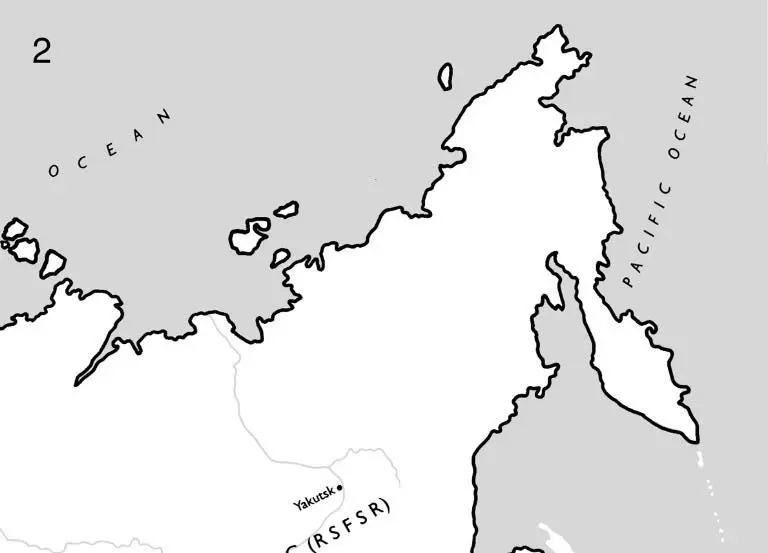
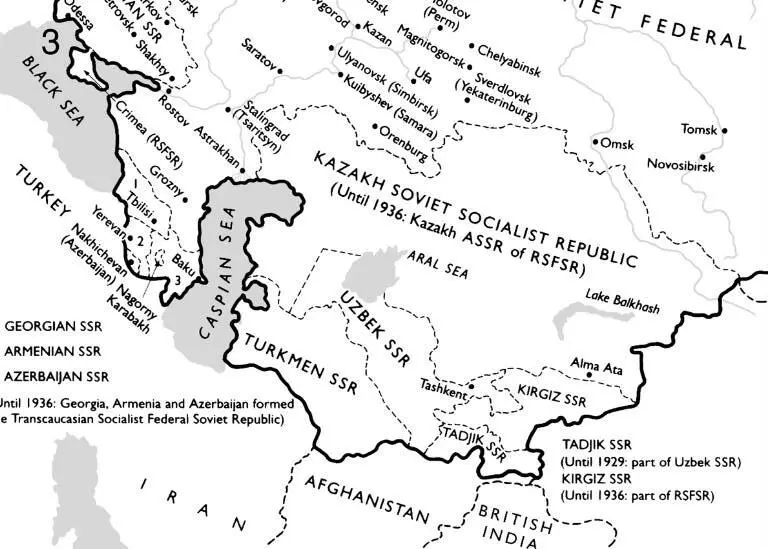
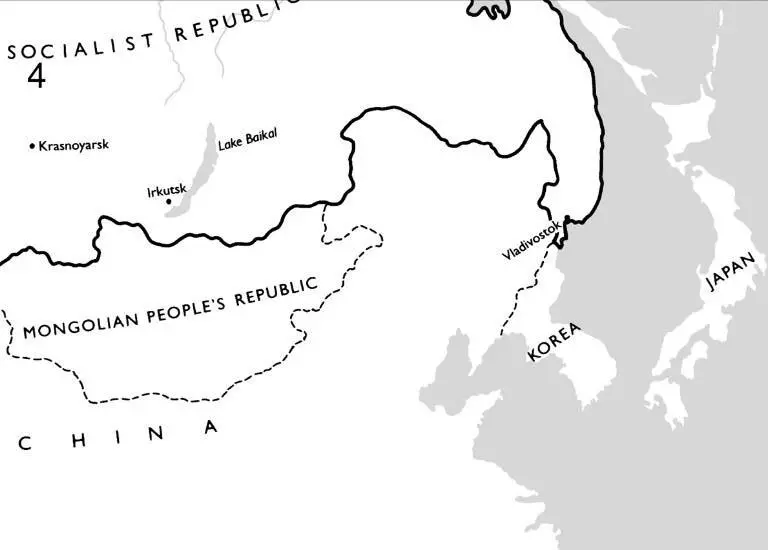
2 The Soviet Union, 1924–1936
Читать дальше
